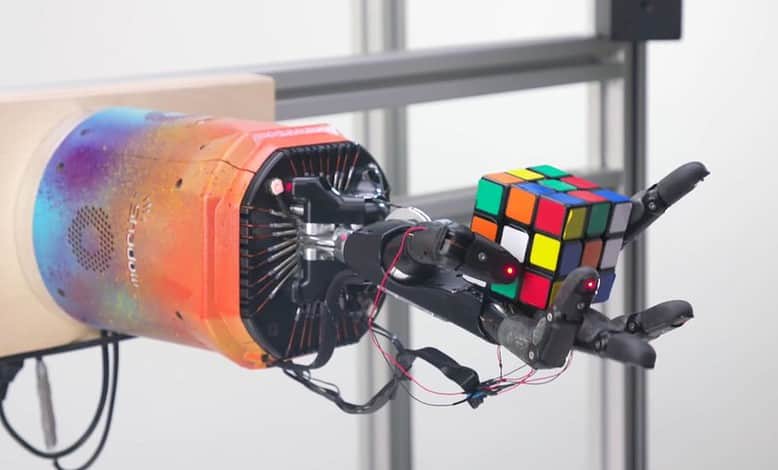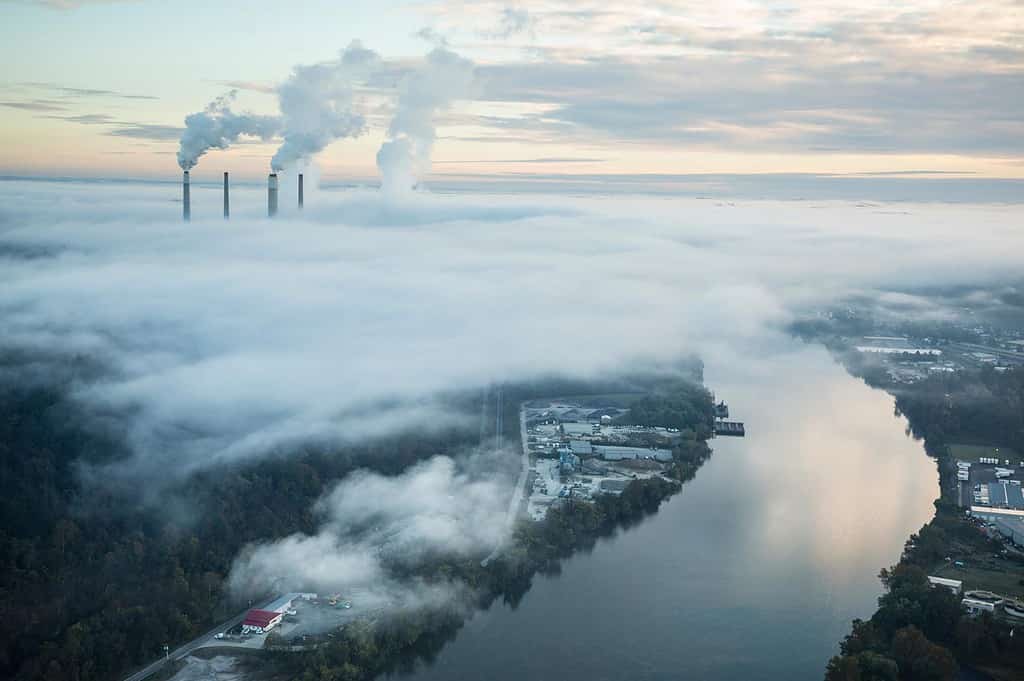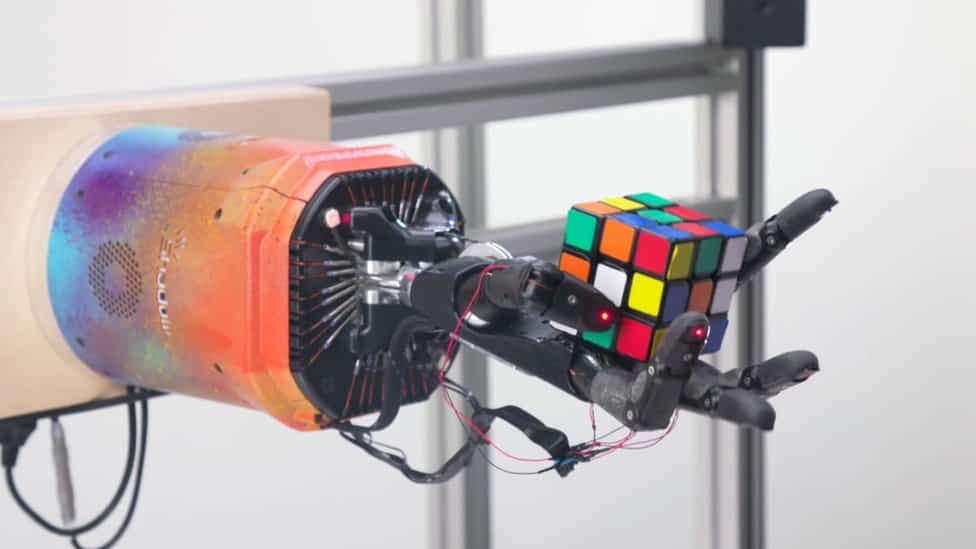
In 1950, the term AI, or Artificial Intelligence, first appeared in a paper by the English mathematician Alan Turing. We owe our knowledge of AI to him. Since then, our world has started to change step by step thanks to all kinds of new technological developments. Many of these developments may seem banal today, but were genius inventions back then. Technology is constantly evolving, and so is AI

Researchers are busy creating and training new algorithms day and night, in order to be able to market them for their customers after the test phase. A contemporary example of this are the ‘Your daily mix’ playlists on Spotify that can easily generate a personalized playlist for you thanks to AI. Another example is the virtual assistants we have in our smartphones, such as Siri in Apple iPhones and Bixby in Samsung smartphones.
AI is quite impressive to most people because it often offers a totally unexpected solution to long-standing problems. Solving a Rubik’s Cube with a robotic hand, check. Being able to play chess and win from humans, check. Artificial Intelligence can also help us solve a very current problem, climate change. But it also contributes to climate change itself because it causes CO2 emissions itself.

An internet article written by Wired mentions the many negative effects of AI. For example, training one model is good for about 125 flights from New York to Beijing. Fortunately, there are also many solutions to combat these negative effects as mentioned in an internet article written by Nature Machine Intelligence .



